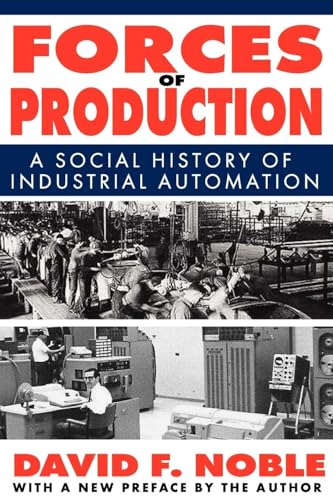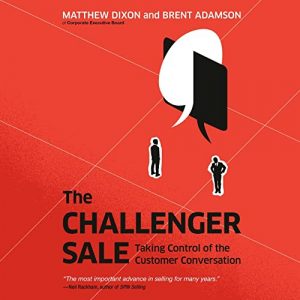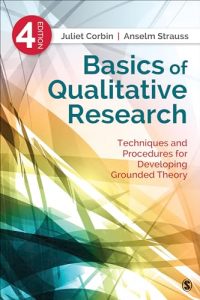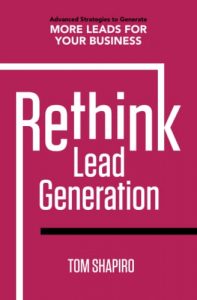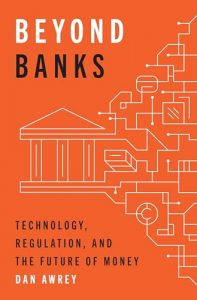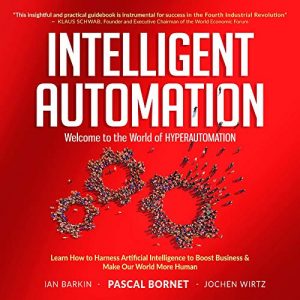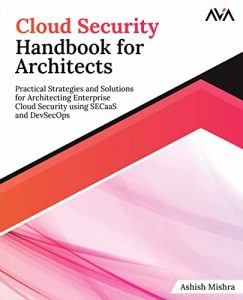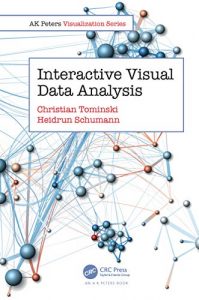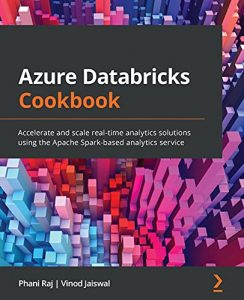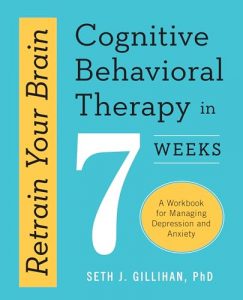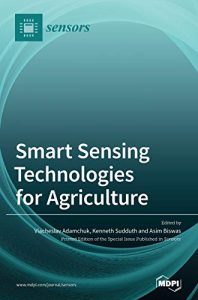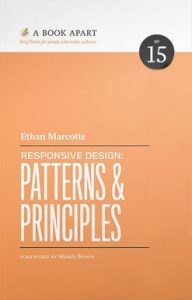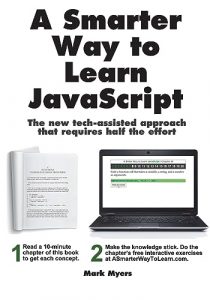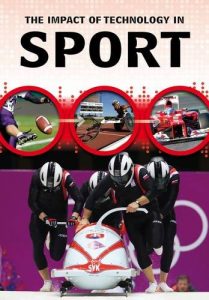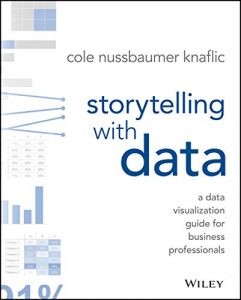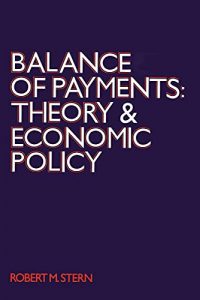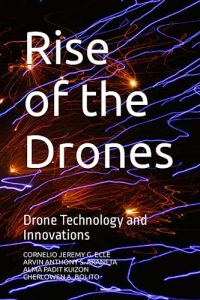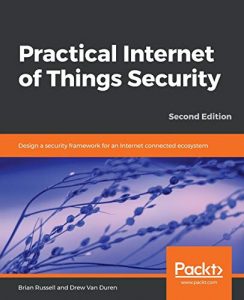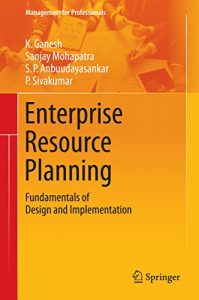Top Books on Automation and Productivity
In today’s fast-paced world, automation tools are becoming indispensable across industries. Whether you’re a professional looking to streamline processes, a developer wanting to master automation skills, or someone simply curious about enhancing productivity, we have compiled a list of essential reads to elevate your understanding and application of automation.
1. Forces of Production: A Social History of Industrial Automation
This book by David Noble dives deep into the evolution of industrial automation and its social implications. Noble meticulously examines the intertwined relationship between technology and society, revealing how automation has transformed the workplace. This thought-provoking read follows the journey from manual labor to automation, prompting readers to consider the impact on workers and industries. It’s a must-read for anyone interested in the historical context of technology’s role in our lives.
2. The Tool For Automation: The Complete Guide To Business Process Automation With Zapier
Christian Salman offers a practical guide to harnessing Zapier for business process automation. This comprehensive book demystifies automation, providing expert insights on how to integrate workflows across various platforms. It’s ideal for beginners and seasoned professionals alike, empowering readers to automate tedious tasks and improve productivity. With practical examples and step-by-step instructions, this guide is essential for any business looking to harness the power of automation.
3. Practical Process Automation: Orchestration and Integration in Microservices and Cloud Native Architectures
Bernd Ruecker tackles process automation in the context of microservices and cloud-native environments. This book is vital for technical professionals seeking to understand orchestration and integration. Ruecker discusses various patterns and tools that facilitate effective automation, enhancing scalability and efficiency. This is an essential text for anyone involved in software architecture, cloud computing, and automation technologies.
4. Python Tools for Scientists: An Introduction to Using Anaconda, JupyterLab, and Python’s Scientific Libraries
Lee Vaughan provides an insightful introduction to Python tools tailored for scientists. This book covers Anaconda, JupyterLab, and essential libraries that facilitate scientific workflows. Vaughan’s clear instructions and examples make it accessible to readers of all levels, democratizing programming and automation for scientific research. This book is perfect for scientists looking to leverage Python for enhanced efficiencies in their research projects.
5. 300 Things to Know About Network Automation Tools
Lexilume presents an easily digestible guide packed with vital insights regarding network automation tools. This book is indispensable for network professionals striving for efficiency improvements. By covering a broad array of tools and best practices, Lexilume equips readers with the knowledge to implement automation effectively. This is a handy resource for anyone engaged in network management or administration.
6. Selenium WebDriver Automation Tool Training with Java Code and Programs
This comprehensive guide by Pratik Raju offers an extensive dive into Selenium WebDriver using Java. The book is geared towards testers seeking to harness automation in software testing. Raju provides practical examples and advanced techniques, making it a superb resource for both novices and experts in software testing. Whether you’re automating your first tests or refining your skills, this book covers a spectrum of essential topics.
7. Mastering YouTube Automation: A Comprehensive Guide for Content Creators
AJ Rodriguez unpacks the strategies and tools that can elevate any content creator’s YouTube channel through automation. This book is perfect for budding vloggers or seasoned creators, providing insights on how to maximize engagement and efficiency. Rodriguez’s guide walks readers through various automation tools that simplify content planning and production, making it an invaluable resource for anyone looking to enhance their online presence.
8. Practical Security Automation
Tony Hsu presents a vital exploration of security automation. In modern computing landscapes, security is paramount, and this book provides foundational knowledge for security professionals. Hsu outlines best practices and tools essential for automating security processes, ensuring that your systems are protected against vulnerabilities. This book serves as an excellent toolkit for anyone in charge of cybersecurity.
9. Mastering GitHub Actions: Advance Your Automation Skills
Eric Chapman offers exposition on GitHub Actions, sharpening skills crucial for managing CI/CD pipelines. This book is aimed at developers looking to streamline their work. Chapman dives into advanced techniques and patterns that will allow users to unlock the full potential of automation on the GitHub platform. Ideal for both new and experienced developers, this tome ensures enhanced productivity.
10. Python Automation: Tools to Turbocharge Your Efficiency
Hayden Van Der Post illustrates how Python can enhance workflow automation in this enlightening guide. Readers will discover tools and libraries that can drastically improve efficiency and minimize manual tasks. This book not only covers practical applications but also helps build foundational programming skills. A must-read for anyone looking to use Python for effective automation.
By going through these recommended readings, you will not only enhance your automation skills but also gain insights into the broader implications of automation in society and industry.

